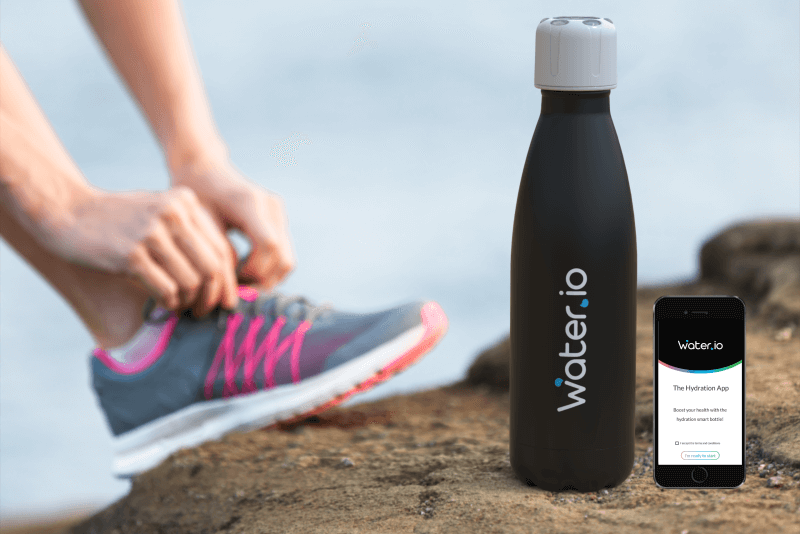Customer data is any kind of information that indicates how the consumers are using your products or services as well as how they interact with your brand. It’s an integral part of a successful business strategy. In the supplement retail world, getting customer data makes a significant difference by not only improving shopping experience but also increasing conversions, attracting a new audience and establishing customer loyalty.
Because of this, marketers are consistently coming up with innovative ways to collect and store customer data. Here are some well-defined data collection ways to keep your business ahead of the curve.
1. Ask For It
The best way to get customer data is simply to ask for it. Companies usually ask for data in the early stage of their relationship. When someone registers to your web store, subscribes to an email list, etc., ask for basic data about the customer such as name and email. Additional information such as phone number, address, age, gender, and more can be captured in the buying process -during online checkout.
This should be enough to develop a basic profile on your customer to analyze better ways to engage them and ultimately sell more. Additional ways to ask for info are Chatbots and customer surveys that incorporate various targeting capabilities like cookies, identity targeting, etc. Personal and demographic information is excellent for providing highly personalized and targeted marketing efforts to your customers.
2. Track Website Activities
The first place where it’s reasonable to look for data is your own company website. Such technology allows you to follow the user’s browsing history, which products interest them, when and how often they visit, how long they stay on your site, which links they click, what they upload or download, etc.
You can even track them after they leave your website using cookies – which allows retargeting ads. All this will enable you to better understand how consumers are behaving in real-time to identify behaviors and predict customer needs before they’re even aware of their patterns themselves.
3. Analyze Company Records
The history of the user with your company is also essential. Look at the transactions history, interactions with customer service, sales records, etc. (use sentiment analysis tools). By understanding what products particular customers are interested in, you can market other related products specifically to them in the future. For example, if a customer bought an iron supplement and you know they are a 30-year-old female, it might be worth offering her to purchase calcium at a discount price, of course.
For example, many women in their 30s and 40s may be looking for safe weight loss products, while men of this demographic may be looking for ways to boost testosterone levels or reduce hair loss.
4. Social Media
Social media is a reliable source of data. User’s public accounts in social media can say a lot about them – what they are interested in, which brands they follow, etc. Even their taste in music, movies, and books! All you need to do is figure out which channels your audience most frequently engages in. Further, you can invest in a social listening tool which will help you track posts, hashtags and mentions relevant to your brand.
If their facebook is connected to other third party services such as Uber and Spotify, the data is endless. While Facebook doesn’t sell customer data, it does sell access to data-profiled customers. As such, companies can use the Facebook Pixel on their websites to ensure that when they buy targeted ad space on Facebook, the right ads are placed in front of the target customers (at a price, of course).
5. Email Tracking
Email marketing should be more of a mastery in itself. Companies can analyze who opened an email, clicked it, and how many of them have unsubscribed. With email tracking, you can segment your subscribers based on their levels of interest and reach out to potential clients who genuinely want to buy vitamins and supplements from your store.
6. E-Commerce Apps
To further understand user behavior, brands can integrate their own CRM systems into mobile apps. This enables them to segment customers based on their interests which allows you to send specific messages with tailored information that they actually care about and might respond to and enjoy.
7. Smart Packaging
Using new technologies, you can also learn even more about how your customers use your supplements. How often they open and close the supplement bottle, their supplement adherence, when they finish the bottle and when they buy a new bottle, etc.
Important to Note
As different brands collect more and more consumer data, people are becoming increasingly wary of sharing personal information. To collect data without scaring off your customers or being creepy, make sure you;
- Offer a perk for exchange of data, e.g. special discounts, exclusive offers, coupons, etc.
- Ask them to confirm their data or to consent to provide their data – as long as you use it in the way you’ve told them you would.
- Let users choose what kind of information they would like to get, e.g. would they like free tips on health & nutrition – Users are more willing to provide personal information if they believe it will benefit them in some way.
Get to understand your customers better and base your decisions on a solid data-informed strategy rather than intuition. Besides knowing the demographics of your audience, use the information to personalize emails or offer the most relevant offers that will instill confidence in your team to take your supplement business to the next level. In order to make the most out of the data, it’s crucial to implement the tools that can turn the data into actionable insights.





